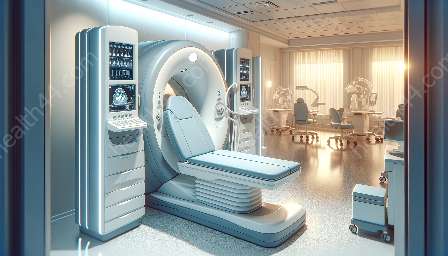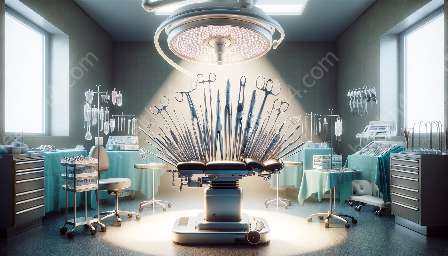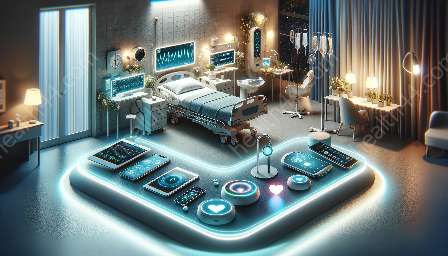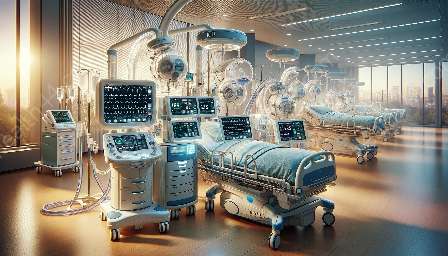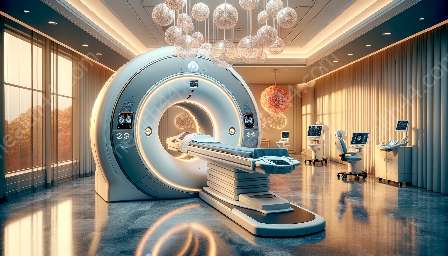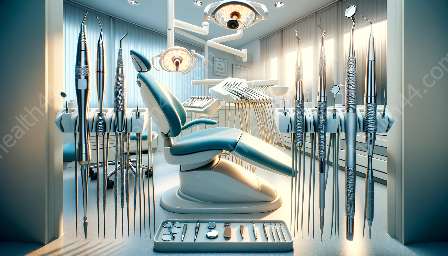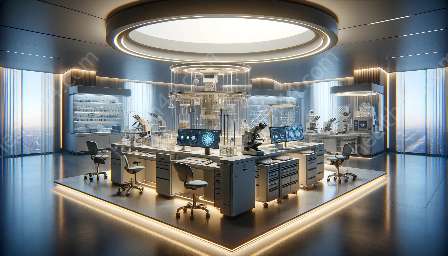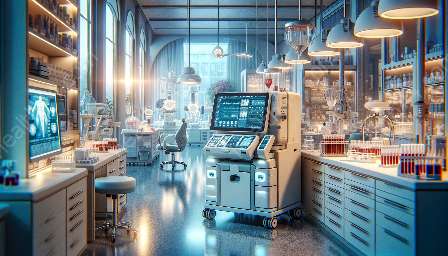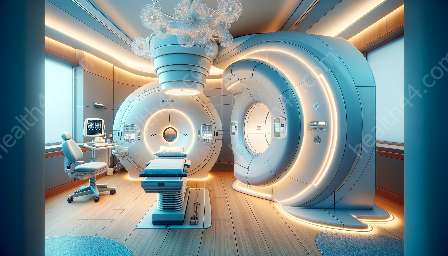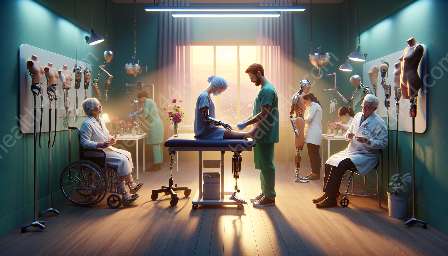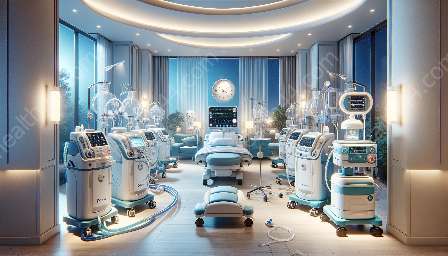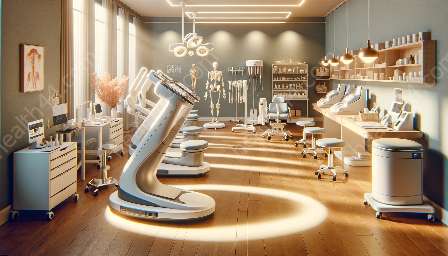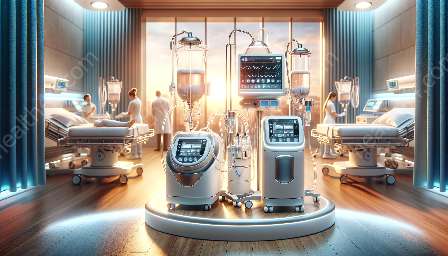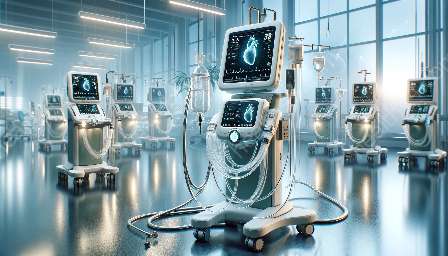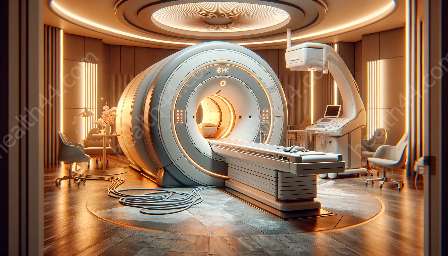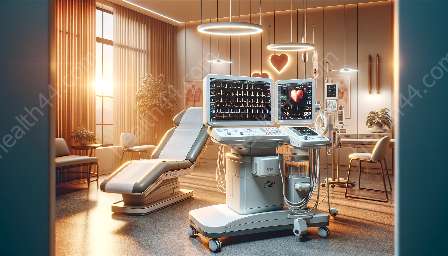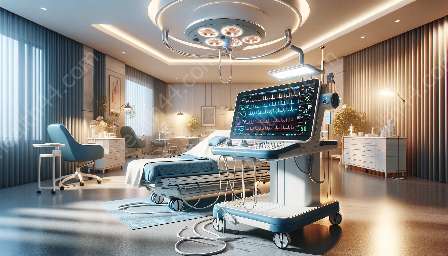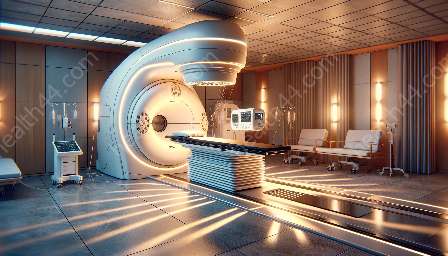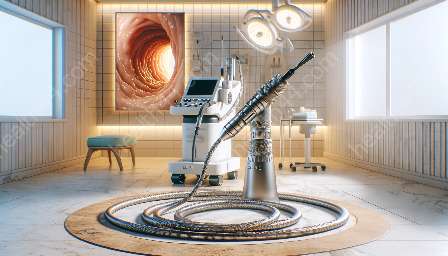Cardiovascular devices are at the forefront of medical technology, transforming the way we diagnose and treat heart-related conditions. This article will explore the latest advancements in cardiovascular devices, their impact on medical equipment and health, and the future of cardiovascular technology.
The Evolution of Cardiovascular Devices
Over the years, cardiovascular devices have undergone significant evolution, from simple diagnostic tools to complex, life-saving equipment. The development of cardiovascular devices has been closely linked to advancements in medical technology and has played a pivotal role in improving patient outcomes and quality of life for individuals with heart conditions.
Types of Cardiovascular Devices
Cardiovascular devices encompass a wide range of medical equipment designed to diagnose, monitor, and treat heart-related conditions. These devices include:
- Cardiac Monitors and ECG Machines: These devices are used to monitor the electrical activity of the heart and identify abnormalities.
- Pacemakers and Implantable Cardioverter Defibrillators (ICDs): These devices are implanted in patients to regulate the heart's rhythm and deliver life-saving shocks in the event of a cardiac emergency.
- Cardiac Catheters and Stents: These devices are used for diagnostic and therapeutic procedures to treat blockages and narrowings in the arteries.
- Cardiovascular Imaging Equipment: This includes devices such as echocardiography machines, CT scanners, and MRI machines, which provide detailed images of the heart and blood vessels for diagnostic purposes.
Impact on Medical Devices and Equipment
The advancements in cardiovascular devices have had a significant impact on the broader field of medical devices and equipment. These advancements have led to improved precision, efficiency, and reliability of medical equipment, benefiting not only cardiovascular care but also other medical specialties.
Integration of Advanced Technologies
Many cardiovascular devices now incorporate advanced technologies such as artificial intelligence, machine learning, and remote monitoring capabilities. These integrations have paved the way for more personalized and proactive healthcare approaches, enabling healthcare providers to make informed decisions and deliver targeted treatments.
Miniaturization and Portability
Another major trend in cardiovascular devices is the miniaturization and portability of equipment. Portable ECG monitors, mobile ultrasound devices, and wearable cardiac monitors have empowered patients to actively participate in their own care and allowed healthcare professionals to conduct remote monitoring and diagnostics.
Enhancing Cardiovascular Health
Cardiovascular devices play a central role in enhancing cardiovascular health by enabling early detection, timely intervention, and effective treatment of heart-related conditions. These devices have contributed to improving patient outcomes, reducing complications, and extending life expectancy for individuals with cardiovascular diseases.
Advancements in Surgical and Interventional Procedures
The development of advanced cardiovascular devices has revolutionized surgical and interventional procedures for heart conditions. Minimally invasive techniques, guided by state-of-the-art imaging equipment and precision instruments, have reduced surgical trauma, shortened recovery times, and improved overall patient experience.
Promoting Patient Engagement
Modern cardiovascular devices have empowered patients to actively engage in their care and monitor their cardiovascular health. Wearable devices that track activity levels, heart rate, and sleep patterns provide individuals with valuable insights into their overall well-being, fostering a proactive approach to preventive care.
Future Trends and Innovations
The future of cardiovascular devices holds great promise, driven by a convergence of innovative technologies and a growing emphasis on personalized medicine. Some key trends and innovations shaping the future of cardiovascular devices include:
- Next-Generation Implantable Devices: Advancements in materials science and biomedical engineering are leading to the development of more durable, biocompatible, and multifunctional implantable devices for long-term cardiac support.
- Telemedicine and Remote Monitoring Solutions: The integration of telemedicine platforms and remote monitoring solutions will enable seamless communication between patients and healthcare providers, ensuring continuous care and early intervention for individuals with cardiovascular conditions.
- Advanced Data Analytics and Predictive Modeling: The use of big data analytics and predictive modeling will facilitate early risk assessment, personalized treatment planning, and the identification of novel therapeutic targets for cardiovascular diseases.
Collaborative Approach to Innovation
Collaboration among medical device manufacturers, research institutions, regulatory agencies, and healthcare providers is essential for driving innovation in cardiovascular devices. By fostering interdisciplinary partnerships and knowledge-sharing, the development of next-generation cardiovascular devices can be accelerated, ultimately benefiting patients and healthcare systems worldwide.
Empowering Patients Through Education
Empowering patients with knowledge about cardiovascular devices and their role in managing heart health is crucial. Educational initiatives and patient support programs can enhance awareness, compliance, and self-care, leading to better outcomes and improved quality of life for individuals living with cardiovascular conditions.
Conclusion
Cardiovascular devices have revolutionized the landscape of medical devices and equipment, playing a pivotal role in the diagnosis, treatment, and management of heart-related conditions. As these devices continue to evolve, integrating cutting-edge technologies and embracing a patient-centered approach, the future of cardiovascular technology holds immense potential to transform healthcare and promote cardiovascular health on a global scale.

